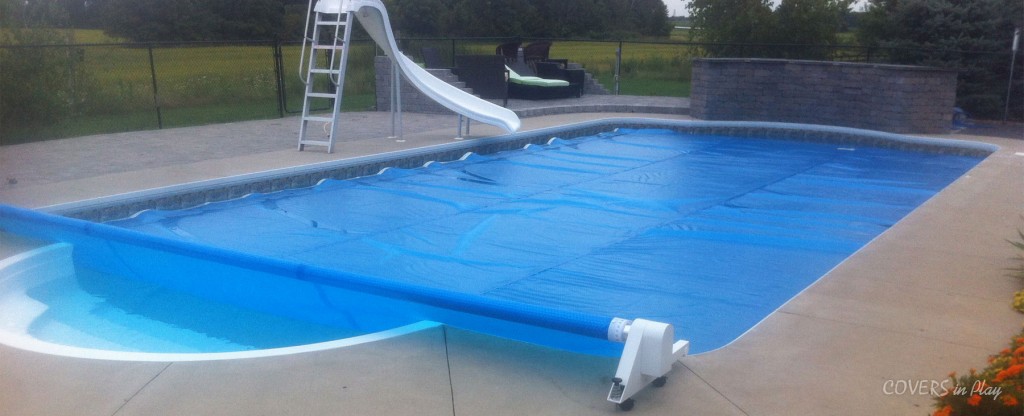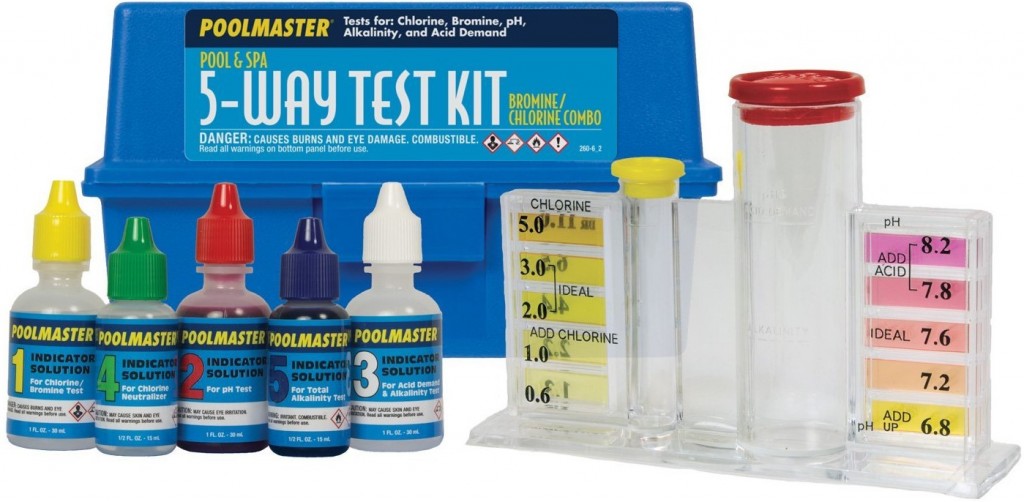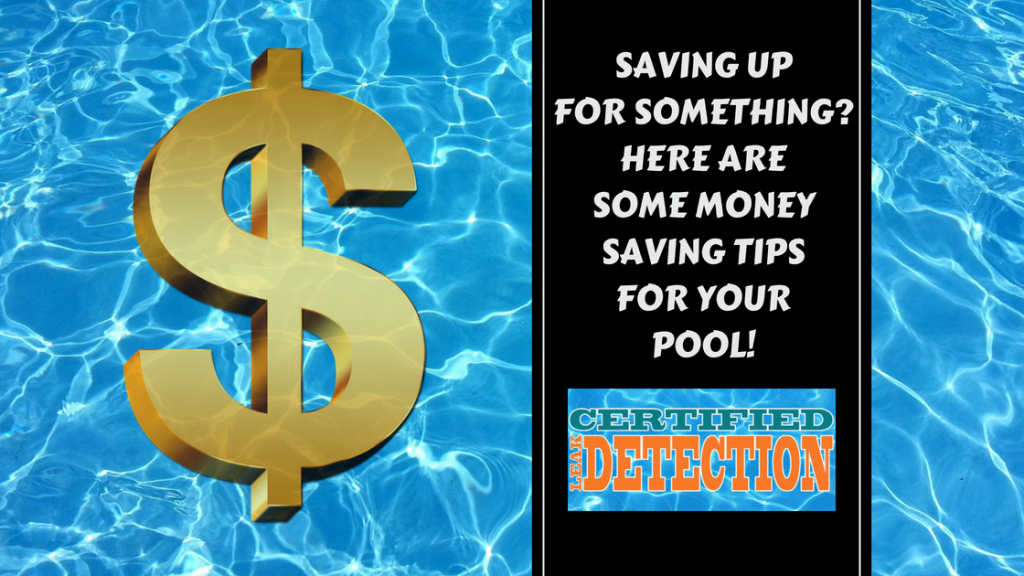Congratulations! Your Central Florida dream home has an inground swimming pool – the center of outdoor entertainment and family fun! However, as you know, the dream can turn into a nightmare when expenses for upkeep and repairs go out of sight. We at Certified Leak Detection offer the following helpful tips for containing the related costs of pool ownership, so you can enjoy all the benefits without the worry.
Buy your pool chemicals in bulk and, if possible, early in the season – Many pool supply stores offer pre-season discounts – and buying in bulk always saves money. Stock up on staples to last through early fall (which is still plenty warm enough for swimming, as new Floridians will learn).
Always store your vacuum head properly – A pool vacuum is an expensive piece of equipment. According to Swim University, the number one reason pool owners replace their vacuum head is because the brushes on the bottom of it have either flattened out or completely fallen off. To extend its life, store the vacuum head upside down and out of the sun. Over the winter, keep it away from chlorine. Swimming pool supply manufacturer Doheny’s offers helpful step-by-step winter storage advice for the vacuum unit itself – including taking it apart before storing.
Use a solar cover with your pool heater – If you’re one of those pool enthusiasts who want to enjoy swimming during Florida’s cooler months, solar covers keep your pool water warm, and also prevents debris from falling in (if you don’t have a screened enclosure).

Florida Power & Light (FPL) notes that heating a pool can be expensive, and can quickly become a home’s largest energy cost. FPL offers the following suggestions to minimize the cost of heating your pool:
- Select the best pool heater for your pool
- Monitor your pool temperature
- Use a pool blanket
Know how long to run the pump, and at what time of day – Most pool filtration systems are sized to circulate and filter the water twice in 8 hours. Running the pump 6-8 hours in the winter and 10-12 hours in the summer is recommended. Because the sun draws chemicals from the water, run the pump during the hottest time of the day.
Shocking your pool on a regular basis – Pool maintenance experts recommend once a week to properly maintain your water chemistry. The more you use the pool, the more often you should reach for the pool shock. Swim University recommends performing an extra pool shock under certain circumstances, such as after a pool party, a severe rainstorm, a major water level change or fecal contamination. This being Florida, you should probably also shock your pool if an alligator has been swimming in it. Shocking on an irregular basis can make your pool vulnerable to an algae bloom.
 Keep a check on the level of chlorine stabilizer – The chlorine you add to your pool is quickly eaten up by the sun if you don’t mix chlorine stabilizer or cyanuric acid to your pool water. Chlorine stabilizer is a chemical that protects chlorine from being oxidized by the sun quickly. Most of the chlorine is destabilized when you add chlorine in the form of a shock or chlorine tablets. This means that the chlorine doesn’t last long enough in your pool to kill bacteria and other contaminants.
Keep a check on the level of chlorine stabilizer – The chlorine you add to your pool is quickly eaten up by the sun if you don’t mix chlorine stabilizer or cyanuric acid to your pool water. Chlorine stabilizer is a chemical that protects chlorine from being oxidized by the sun quickly. Most of the chlorine is destabilized when you add chlorine in the form of a shock or chlorine tablets. This means that the chlorine doesn’t last long enough in your pool to kill bacteria and other contaminants.
Don’t waste pool water – There are four ways an average pool wastes water: evaporation, splash, filter backwashing and leaks. Backwashing your filter too much is not a good practice. If you backwash your sand filter for two minutes, you lose as much as 200 gallons of water. Backwash only when necessary, and never do it for too long.
However, the most important way to save water is to repair pool leaks. Even minor leaks can cost money and lead to bigger problems. The issue is determining if water is being lost due to a leak or normal evaporation. While there are some DIY leak detection methods, none identify the source of the leak. Certified Leak Detection has over 30 years of experience in swimming pool leak detection and leak detection in slabs, spas and foundations. We can locate and repair any leak in and around your pool. Contact us today to enjoy worry-free – and less costly – summer pool fun!

